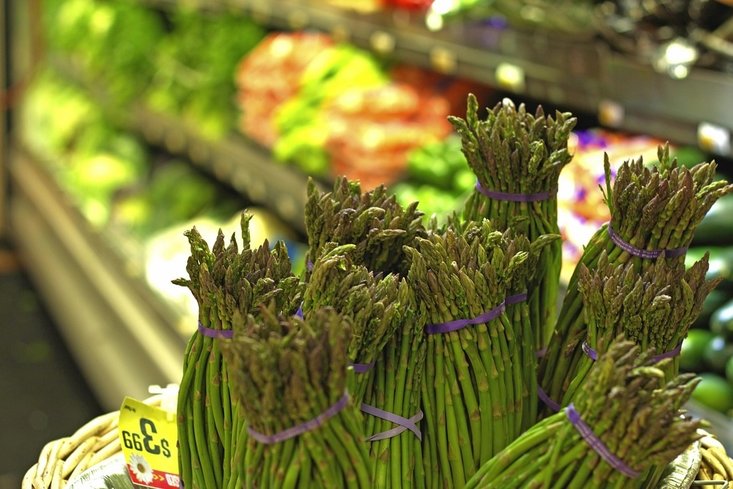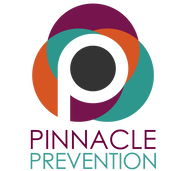|
When family budgets tighten, healthier foods are sometimes swapped for cheaper, less nutritious foods. The price tags at health-food stores may seem daunting, but eating well doesn’t need to depend on your ability to purchase pricey, trendy ingredients, and it certainly doesn’t have to break the bank. Here are three ways to keep your diet balanced and healthy while on a budget Keep Food Fresh for Longer Tossing out spoiled food can feel like tossing money in the trash. Learn more about what expiration dates really mean, try to use up your more perishable foods first, and make a one-time investment in airtight food storage containers. Making meals in bulk ahead of time and freezing them for later is a great way to have healthy food on hand when you’re in a hurry and cut down on food waste. Here are some tips on how to store fresh fruits and veggies until you have a chance to cook them. Choose Generic and Whole Most grocery stores offer generic versions of many essential products. These often contain the same ingredients, but for cheaper prices than the national brands. Plus, they tend to be on sale! Also, pre-cut produce and bags of shredded cheese may save some time and seem more convenient, but buying pre-prepared food costs much more than buying whole produce and blocks of cheese (not to mention, it increases your carbon footprint). Dry beans are especially less expensive in bulk than canned varieties. Which brings us to… Embrace Beans and Whole Grains Uncooked brown rice, whole wheat pasta, quinoa, and varieties of legumes can be bought in large quantities and last up to two years in your pantry. Also, beans and whole grains contain filling fiber, a nutrient that is essential for a healthy diet and good digestion. These long-lasting nutritious foods can be used in a variety of inexpensive dishes. For instance, rice can be used as a base for a delicious stir-fry, and beans can be used as a filler for a burrito. Try using kidney beans as a base for a veggie burger, like this delicious jalapeño red bean burger. We pay twice for junk food: once at the counter, and again on our health bills. The more we can commit to focusing on cooking fresh, unprocessed foods, the healthier we’ll be and less money we’ll spend in the long run.
3 Comments
Leave a Reply. |
Pinnacle Prevention BlogFollow our blog for tips, insights and conversations about healthy living. Archives
June 2024
Categories
All
|
Location |
|


